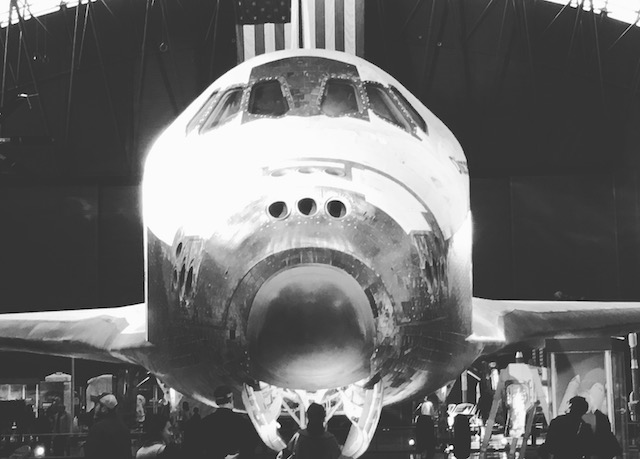The words humanities, design, and aesthetics are not words that I would normally think to use with the word energy. However, they are used together in this article in MIT News: “Energy transition through aesthetics and culture” by Francesca McCaffrey.
The subtitle of the article: “MIT Energy Initiative seminar examines the role of the humanities, design, and aesthetics in catalyzing a fairer, more diverse energy future.”
It’s healthy to look at issue from a different perspective and that’s what is happening with the MIT Energy Initiative. Although management theory and engineering are one way to view the development of solutions, there are alternatives that can offer just as rich of a set of options for the future. Following are a few highlights:
On the collective stewardship of energy:
“Why can’t energy be something akin to water?” he asked. “Something that’s good for all of us, that is managed and protected effectively?”
On the importance of equality and ethics:
Using new forms of energy to bring social progress to developing nations, and taking into account the “moral differences” between using energy for “elementary needs we all have for food, water, and the basic essentials of life” versus the “surplus material and immaterial desires that energy quite literally feeds and fuels” are both critical parts of what he sees as a forward-thinking — and fair — energy transition.
Herman Melville’s Moby Dick made an appearance:
“The age of sail and wind is turning into the age of oil before your eyes, because you’re chasing whales, and you’re chasing them for their oil,” she said. She pointed in particular to the urgency and detail Melville lent the scenes in which the crew distills the whale blubber to extract oil from it.”
On a successful energy transition:
“We need to reexamine the cultural forms that came to life when energy was cheap and abundant,” he said. “Transitioning from oil to another energy source will entail the unmaking and remaking of our social worlds.”


